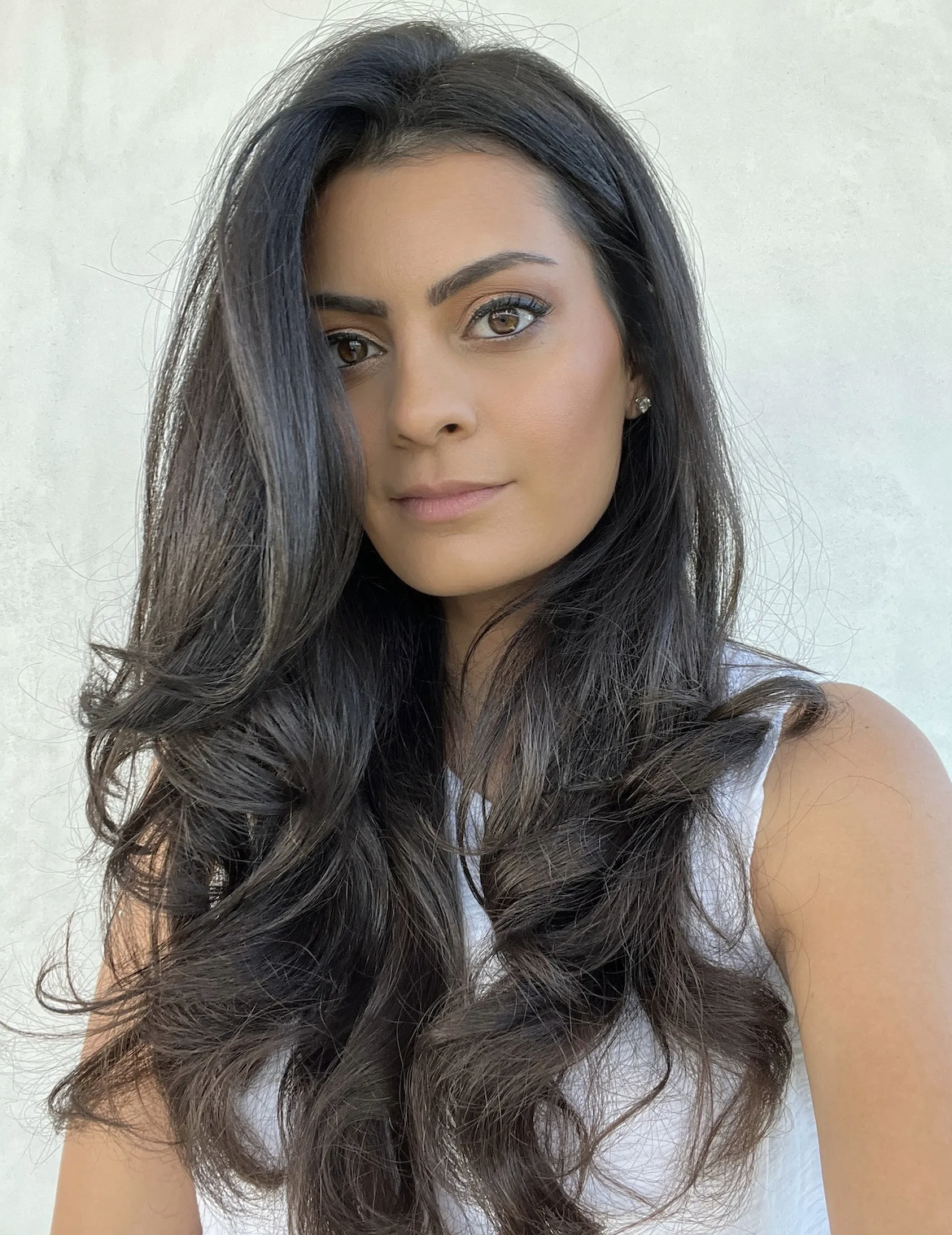Why Hypochlorous Acid Is Your Most Underrated Skincare MVP
Clearer, smoother, glowier skin is just a spritz away.
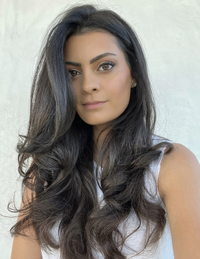
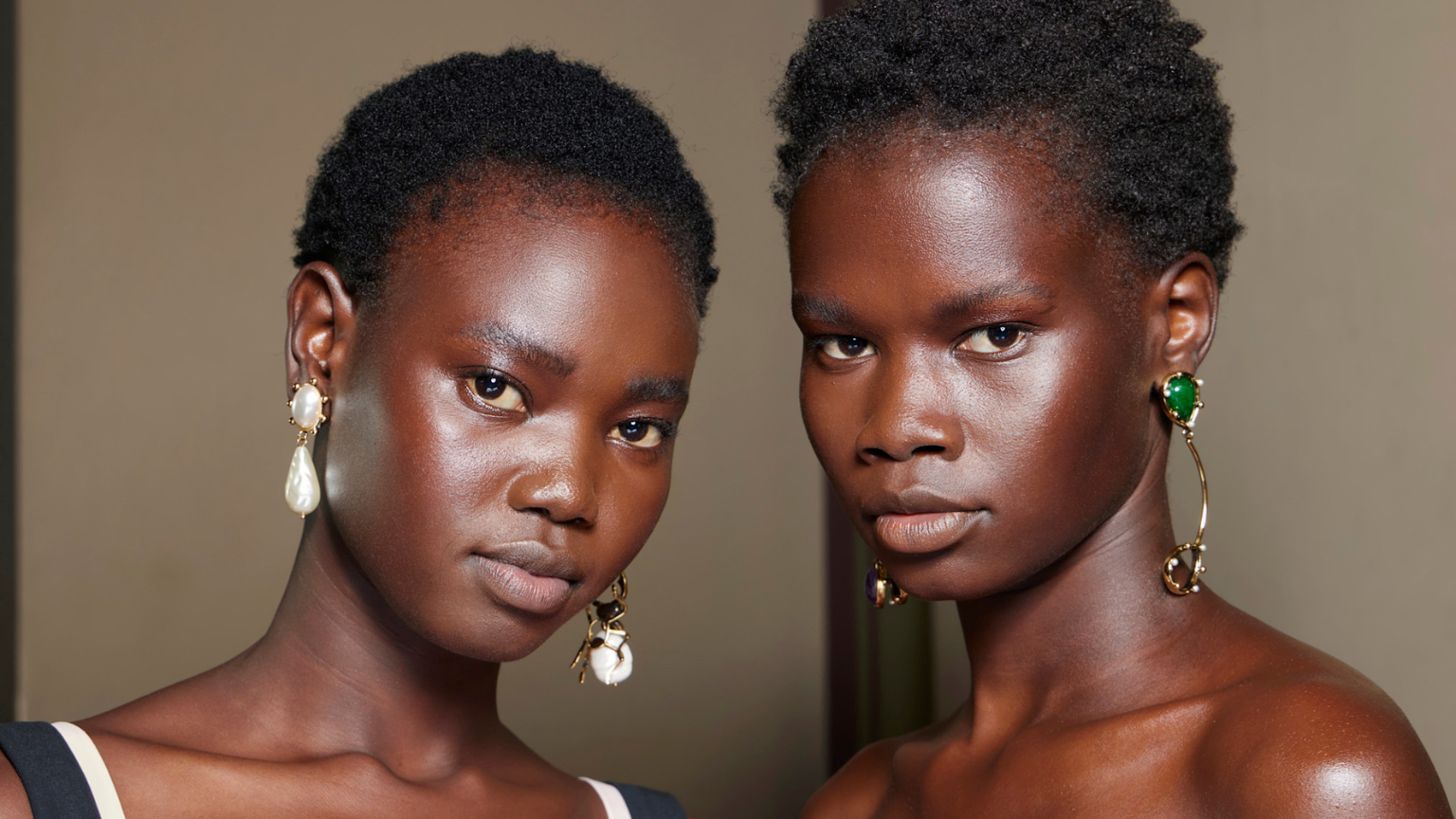
Quick—what do retinol, vitamin C, and hyaluronic acid all have in common? They're all superstars when it comes to skincare, praised for their youth-boosting, skin-brightening, and plumping benefits, respectively. But lurking quietly behind the scenes is a skincare MVP that many people overlook: hypochlorous acid (HOCI). Don’t be thrown off by its somewhat technical name—this gentle yet powerful ingredient is equally as deserving of being part of your skincare lineup.
But let's back up, because before hypochlorous acid became a skincare favorite, the antibacterial powerhouse was already a trusted ingredient in household cleaning products. (It’s the reason your disinfectant sprays and wipes are powerful enough to tackle bacteria and viruses, but gentle enough to be safe around your family and pets.)
"Hypochlorus acid calms irritation, kills acne-causing bacteria, and speeds up skin recovery all while being incredible gentle—think of it as your skin’s built-in defense system in a bottle," says Vanessa Lee, aesthetic nurse injector and founder of The Things We Do.
Below, Marie Claire tapped Lee as well as other skincare experts to learn all about the buzzy ingredient including its benefits, risks, and how to use it to improve your skin.
What Is Hypochlorous Acid?
"Hypochlorous acid is a naturally-occurring substance produced by our white blood cells to kill off harmful bacteria," says Geeta Yadav, MD, Toronto-based board-certified dermatologist of Facet Dermatology. Although it's commonly found in disinfectants and household cleaners for its ability to effectively kill bacteria and viruses without harsh chemicals or irritating residues, it has become a popular ingredient in skincare because it delivers potent yet gentle results.
We know what you're thinking—if hypochlorous acid is strong enough to be used in cleaners, how can it possibly be safe for your skin? According to Lee, it’s all about concentration and formulation. "In cleaning products, hypochlorous acid is used in strong doses for surfaces, but skincare versions are diluted and pH-balanced to match your skin’s natural chemistry," she says. "It’s just like how vinegar can clean your kitchen but also make a great salad dressing when prepared right."
What makes hypochlorous acid different from other skin-soothing or antibacterial ingredients like benzoyl peroxide, salicylic acid, or niacinamide is that it works with your skin, not against it. "While benzoyl peroxide and salicylic acid kill acne-causing bacteria or exfoliate clogged pores (which can sometimes dry or irritate the skin), HOCl mimics the skin’s natural immune response to acne-causing bacteria by targeting the source of inflammation without disrupting the surrounding healthy tissue," says Dr. Mollie Kelly Tufman, PhD, biochemist and founder of The Beauty Lab.
Get exclusive access to fashion and beauty trends, hot-off-the-press celebrity news, and more.
Hypochlorous acid typically comes in a mist or spray form to conveniently calm irritation, reduce breakouts, and support skin healing, but you can also find it in gel form as well.
What Are the Benefits of Hypochlorous Acid?
Hypochlorous acid comes with a unique set of benefits that make it a standout in skincare. For one, it can help with bacterial skin issues like acne. "Hypochlorous acid destroys pathogenic bacteria (like the bacteria strains that cause acne) by penetrating bacteria cells' walls and damaging the cell from the inside out, killing it," explains Dr. Yadav. "By killing acne-causing bacteria, hypochlorous acid can promote clearer skin." (Just remember that it doesn't exfoliate dead skin cells nor does it remove sebum, both of which are common causes of blemishes, Dr. Yadav says.)
Beyond its benefits for acne-prone skin, hypochlorous acid is promising when it comes to calming inflammatory skin conditions like eczema and psoriasis. "When your skin is inflamed, itchy, or broken out in patches, it usually means your immune system is overreacting," says Lee. "HOCl helps reduce that over-response by calming inflammatory signals and preventing bacterial overgrowth."
Best of all, HOCI is safe for all skin types, including sensitive or those with a compromised skin barrier. In fact, Tufman says it's excellent for use after skincare procedures like microneedling or lasers because it soothes irritation, reduces inflammation, and helps prevent infection without causing further damage or dryness. "Because it mimics your body’s natural chemistry, it’s incredibly compatible with stressed-out skin," she adds.
What Are the Risks of Hypochlorous Acid?
In short, there aren't too many. "Because HOCl is naturally made in the body, your skin is already equipped to recognize and tolerate it. That’s why it’s so soothing on compromised or inflamed skin—it’s like giving your skin a tool it already knows how to use," says Tufman. That being said, in rare cases, Tufman says that people with extremely sensitive skin might notice slight dryness, but only if they overuse it.
Because hypochlorous acid mimics your body’s natural chemistry, it’s incredibly compatible with stressed-out skin.
Dr. Tufman
Ultimately, HOCI is one of the safest actives on the market because there's no photosensitivity, purging, and or known long-term side effects when it's used topically at cosmetic concentrations, says Tufman.
How to Use Hypochlorous Acid
Most hypochlorous acid formulas are formulated as a facial spray, making it easy to incorporate into your routine. "I would recommend using a hypochlorous acid spray as the first step in your skincare routine after cleansing and as a skin refresher throughout the day to help fight bacteria, especially if you're prone to blemishes," says Dr. Yadav. You can also spritz it on post-flight or after a workout to calm any redness and soothe. Just make sure to let it dry completely after application, as this will allow it to work effectively without being diluted.
Ready to start incorporating the hero ingredient into your skincare routine? Shop the best hypochlorous acid skincare products on the market now, below.
Best Hypochlorous Acid Products
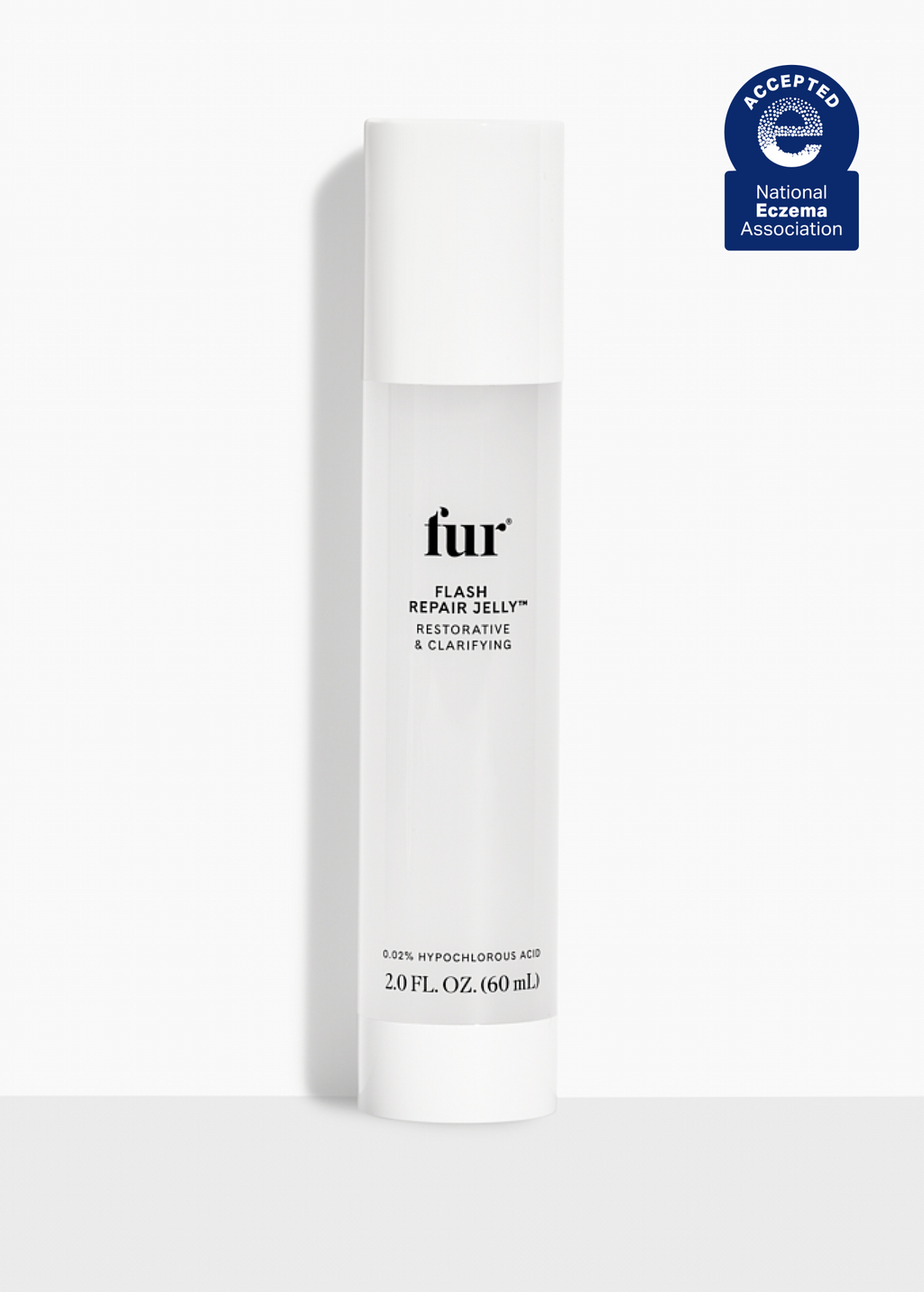
Shaving rash? Waxing regret? Post-laser sting? Your skin is begging for backup, and that's where this formula from Fur comes in. A no-brainer for your post-hair removal routine, this formula's gel texture means it has a cooling effect that'll instantly calm even the angriest skin. Plus, hypochlorous acid helps to calm redness and keep those pesky bumps from crashing your smooth skin party.
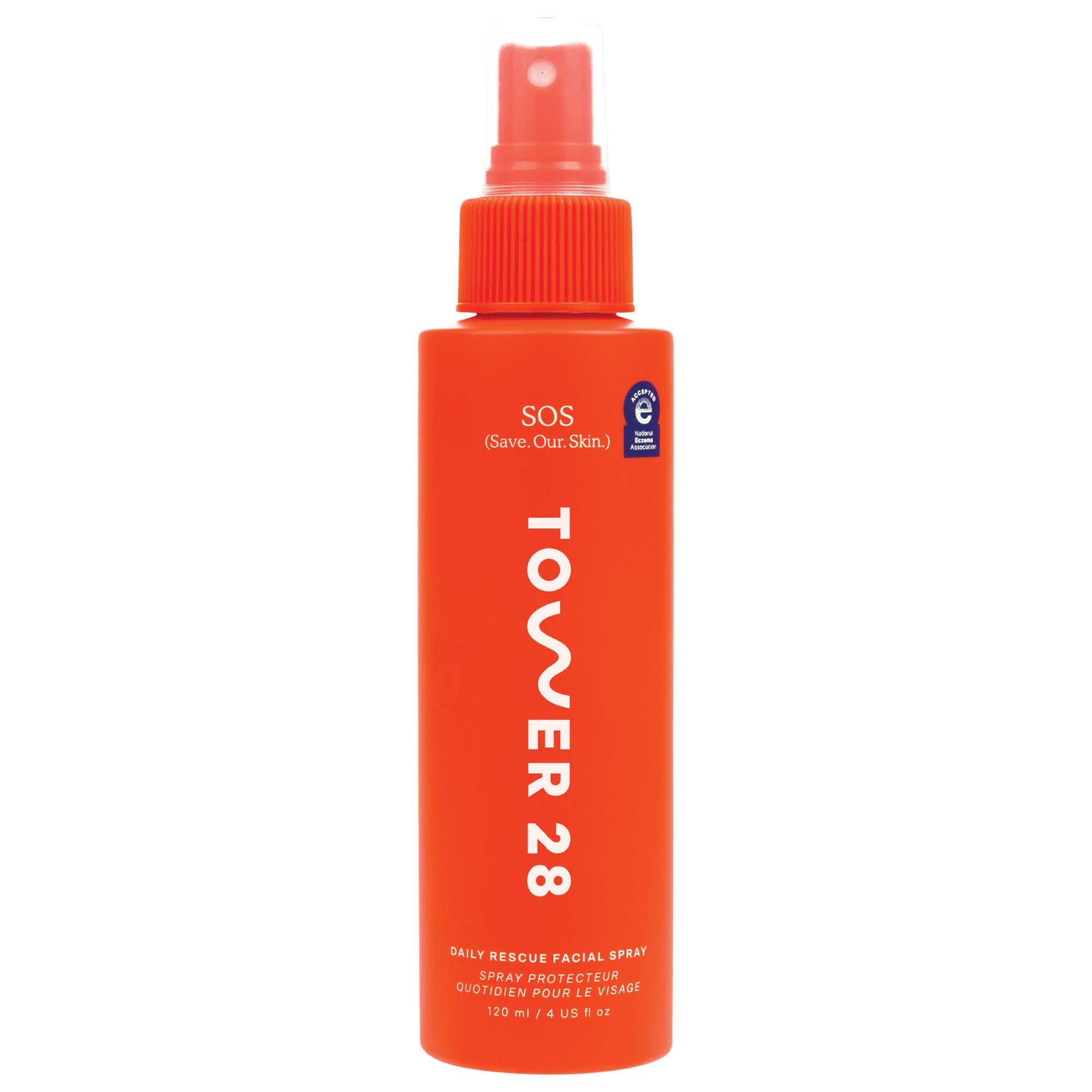
Red, itchy, stressed-out skin is no match for this cult-favorite spray. Powered by hypochlorous acid to quickly soothe, this spray is a must whether you're dealing with breakouts, razor burn, or that one mysterious flare-up. Bonus: It’s perfect for post-gym skin—just spritz it on after your workout to keep sweat-induced breakouts and redness in check.
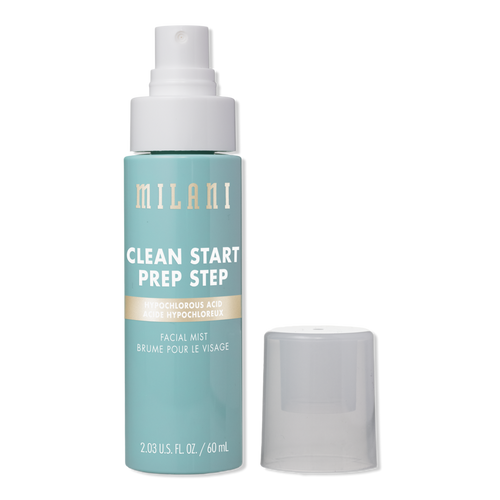
Whether you just crushed a workout or survived a sweaty subway ride, this ultra-fine mist is here to rescue your skin from the chaos. It’s packed with hypochlorous acid to calm, clarify, and cool. Best part: It’s under $15 and compact enough to fit in your gym bag, glove compartment, or everyday tote.
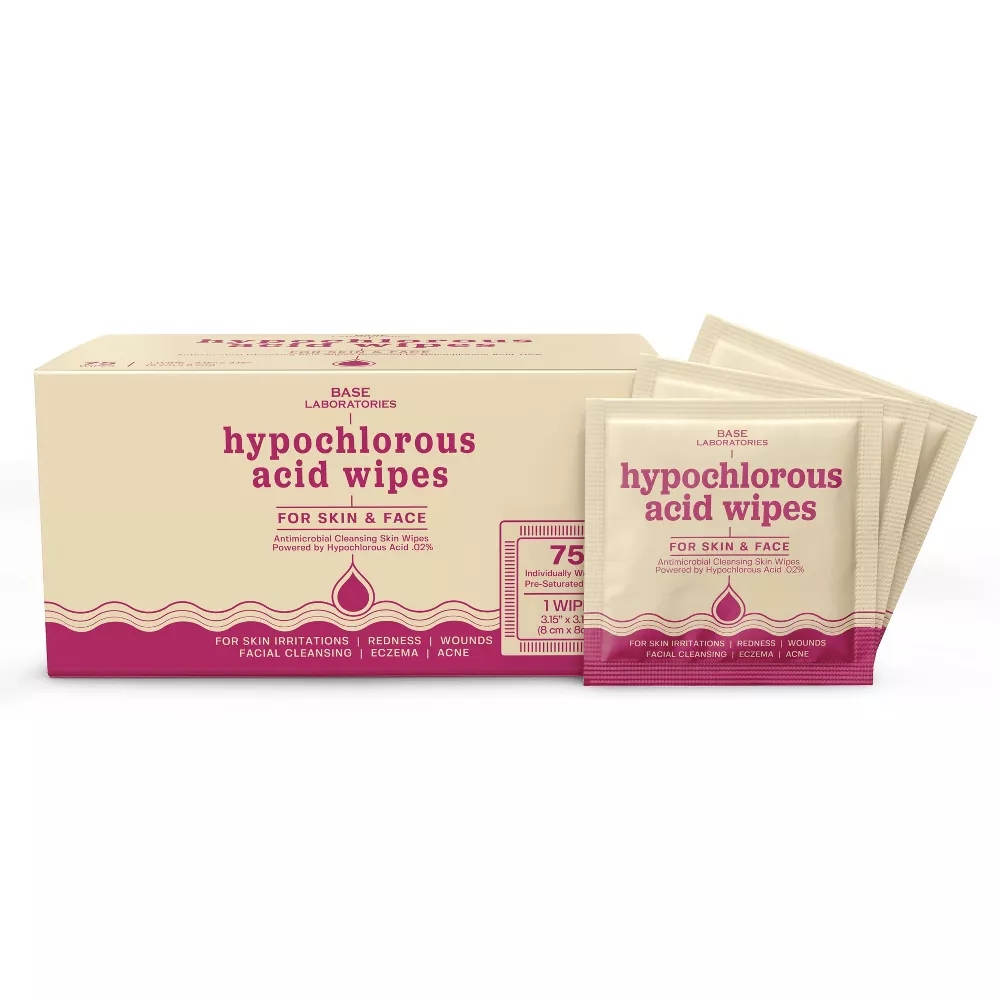
Can't be bothered with a spray? Whip out one of these nifty hypochlorous-soaked wipes. The individually wrapped cloths disinfect without the sting of alcohol or the irritation of fragrance. They're gentle enough for sensitive skin, tough enough for bacteria, and super convenient to keep on hand—throw a few in your bag and call it skincare on standby.
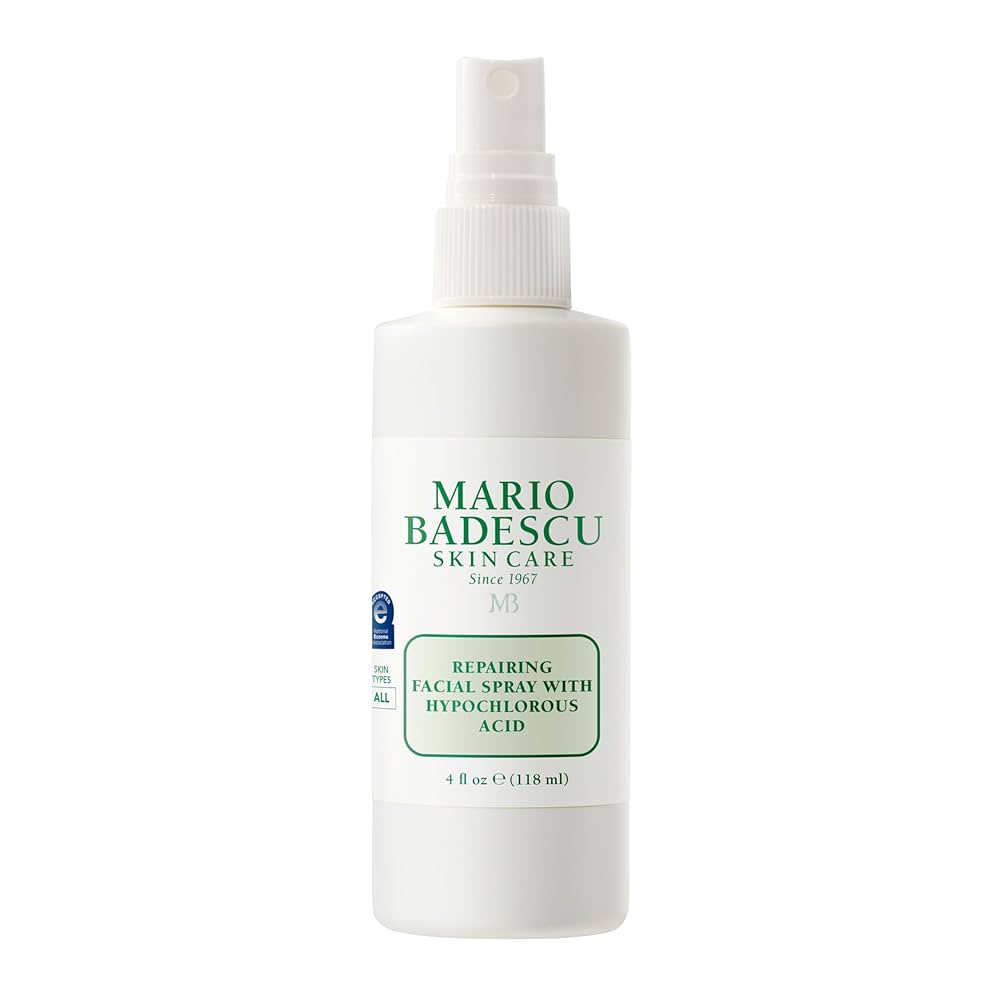
From the brand that brought you your fast-acting acne buster (you know, the drying lotion) comes this lightweight and refreshing spray. It's packed with the skin-healing benefits of hypochlorous acid to calm irritation and clear the way for your glow-up. Perfect for on-the-go refresh after workouts, flights, or those days your skin just needs a little extra TLC.
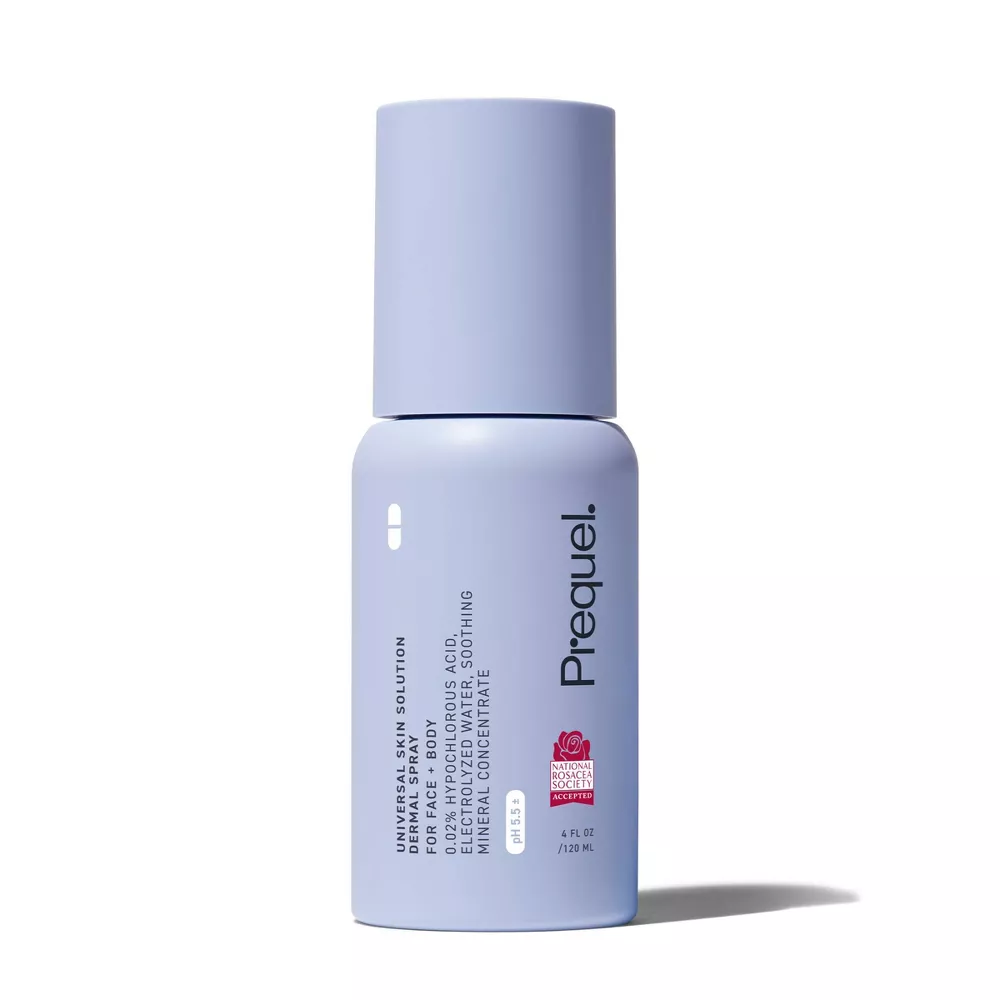
If you're prone to body breakouts or struggling with eczema flare-ups on your arms, legs, or behind the knees, this featherlight spray has you covered. It calms redness, fights bacteria, and calms irritation wherever your skin needs it most, and because it's fragrance- and alcohol-free, it's perfect for sensitive skin.
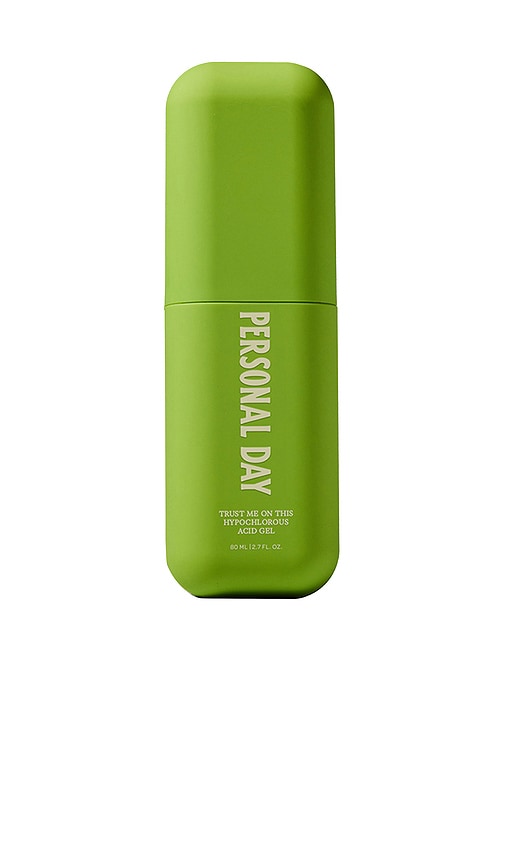
The gel texture of this formula means it'll glide on smoothly, creating a protective, cooling barrier that locks in moisture while calming redness, irritation, and inflammation. Ideal for sensitive, reactive skin, the gel absorbs quickly without leaving behind any sticky or greasy residue, making it perfect for use on both face and body—even on dry patches, eczema flare-ups, or post-shave irritation.
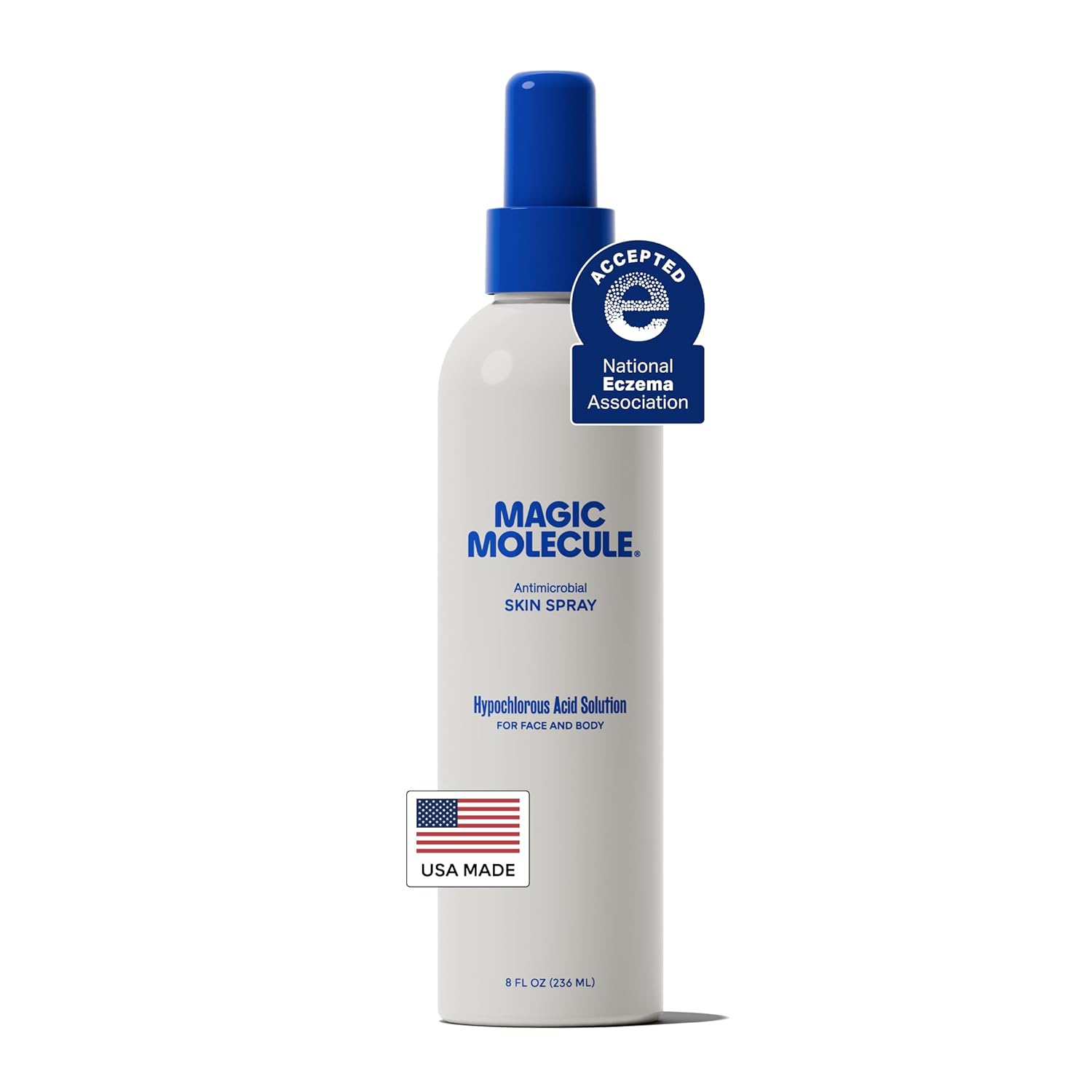
Here's a no-fuss spray that purifies and soothes without irritation. Perfect for all skin types, from oily and acne-prone to dry and sensitive, use this to gently remove dirt, excess oil, and bacteria to reduce the risk of breakouts. What's more, it can be used on the face and body, soothing everything from facial redness to bacne.
Why Trust Marie Claire
For more than 30 years, Marie Claire has been an internationally recognized destination for news, fashion, and beauty trends, investigative packages, and more. When it comes to the products Marie Claire recommends, we take your faith in us seriously. Every product that we feature comes personally recommended by a Marie Claire writer or editor, or by an expert we’ve spoken to firsthand.
Meet the Experts
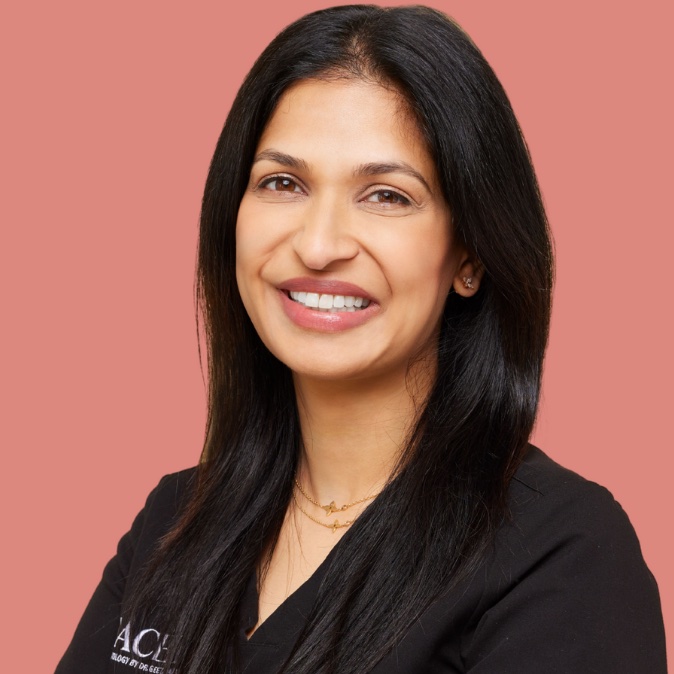
Dr. Geeta Yadav is founder of FACET Dermatology in Toronto. She is board-certified dermatologist who trained at University of Toronto, Johns Hopkins and the Northern Ontario School of Medicine. Dr. Yadav is an expert in both medical and cosmetic dermatology.

Vanessa is the extraordinary force behind The Things We Do and a world-renowned Medical Aesthetic Provider. She is highly sought after for her dedication to Natural Intention Beauty Guidance and her commitment to inclusivity and ethical practice while providing natural yet transformative results.
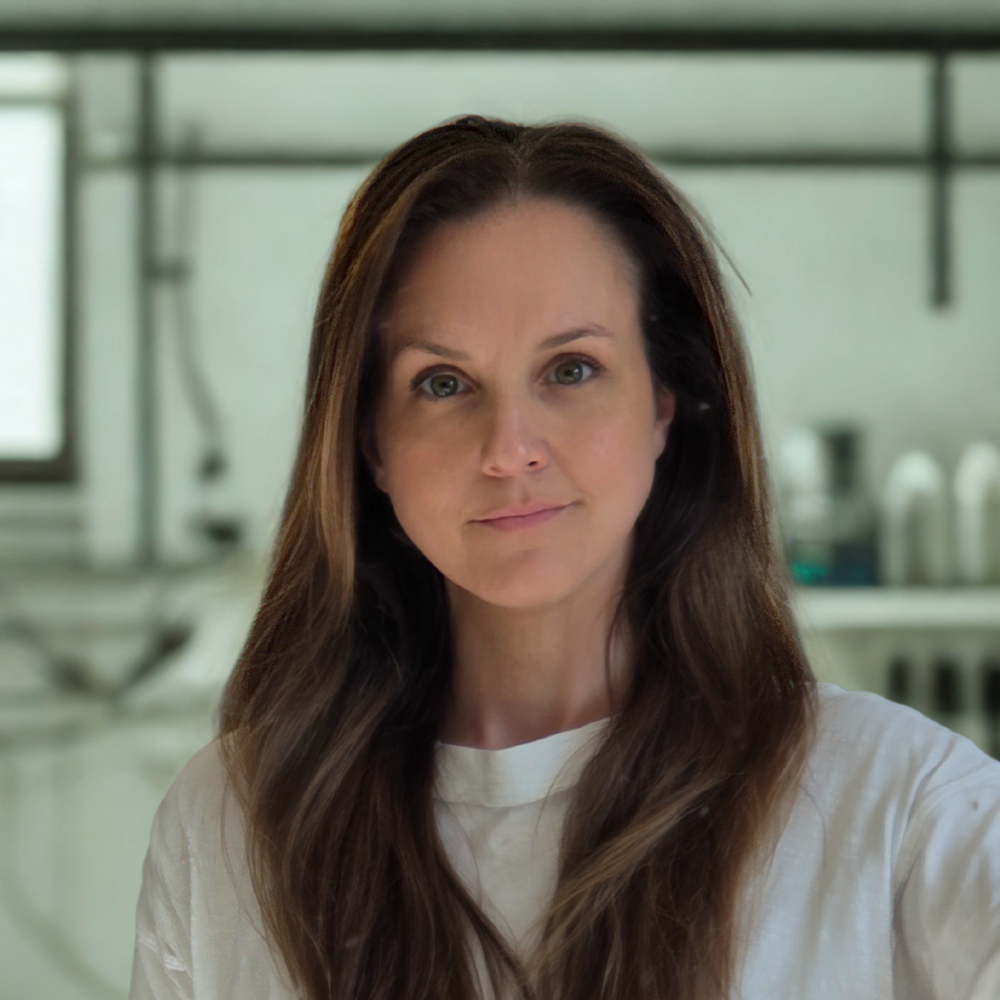
Dr. Mollie Kelly Tufman is a PhD biochemist and founder of The Beauty Lab, a science-first skincare platform that cuts through fluff and fear-mongering. With over a decade of research experience in biochemistry and cell signaling, she specializes in translating complex science into accessible, no-nonsense skincare insights. Her work focuses on ingredient efficacy, barrier health, and evidence-based routines that actually make sense.
Michelle Rostamian is a Freelance Beauty Writer at Marie Claire, where she covers beauty-related commerce content. She has been in the beauty industry for over 10 years, previously working as a publicist, and now as an editor and writer covering all realms of beauty (skincare, makeup, hair) as well as wellness, lifestyle, and travel. She was also formerly a Quality Editor for Byrdie where she researched and performed revisions and updates to articles to ensure quality, tone, and voice. Outside of Marie Claire, Michelle has contributed to Allure, InStyle, Cosmopolitan, The Zoe Report, W Magazine, Better Homes & Gardens, People, Popsugar, and more. She graduated from the University of California, Los Angeles with a B.A. in Communication Studies.
